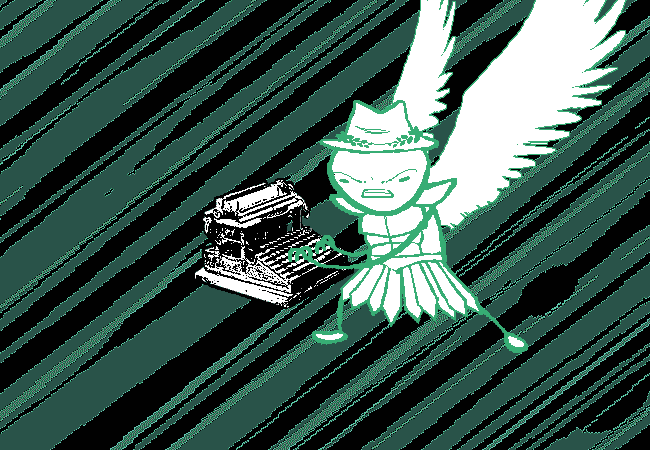The game already has a non-combat diplomat class. It's the Rogue with a DEX of 8 and CHA and INT of 16. 
And that's the truth of it. You don't need new non-combat classes, you just take the existing classes and MIN the combat ability score. Boom! Your character is effectively a non-combatant.
And that's the truth of it. You don't need new non-combat classes, you just take the existing classes and MIN the combat ability score. Boom! Your character is effectively a non-combatant.





